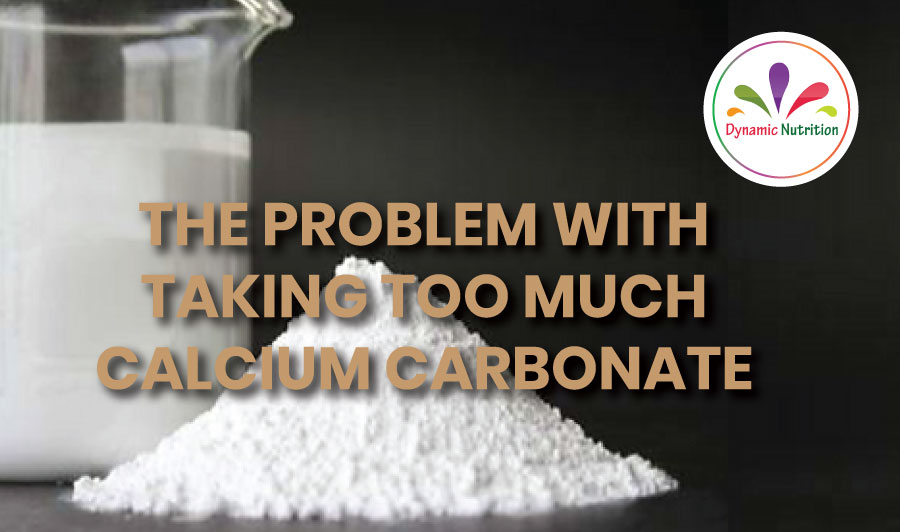Calcium is a key element of bone and women have been encouraged to increase their calcium intake to prevent osteoporosis. Pubertal girls with a low calcium intake can increase their bone mineral density dramatically by drinking a glass of milk daily.
While calcium from natural whole food source is usually mineral complex consisting of calcium, magnesium and other essential minerals, most of the conventional calcium supplements contains high dosage of calcium carbonate which is essentially just lime stones.

In 1997, The Institute of Medicine recommends that after menopause women get 1,200 mg of calcium a day. This has led to many women ingesting 1500 mg of calcium carbonate spread over the day. In most women this guarantees constipation. Such high intake of calcium also results in kidney stones.
Too much synthetic calcium from such supplements may cause problems. Be sure that you do not take more than 500–600 mg at one time and do not exceed 1,000–1,200 mg per day.
Potential problems taking excessive amount of calcium carbonate
1. Acid rebound
Calcium carbonate may cause acid rebound where the stomach overcompensates for the high dose of calcium carbonate, which is alkaline, by churning out more acid. People with a history of stomach ulcers may have to switch to calcium citrate or calcium from natural food source.
2. Constipation
Calcium supplements can have a mild binding effect but by themselves don’t usually cause serious constipation. If you take another supplement or medication that binds the stool, the addition of calcium supplements could cause a problem.
Calcium and magnesium work together in many cellular activities and they have to be in balance for many things to work properly, including in our digestive tract. Calcium in general, constricts tissues like our blood vessels and intestines while magnesium relaxes them. Drink plenty of water and perhaps take a whole food calcium that also contains magnesium.
3. Hypercalcemia – too much calcium
Some people have taken so much calcium that it causes hypercalcemia, an above normal level of calcium in the blood. Hypercalcemia may cause nausea, vomiting, confusion, and other neurological symptoms.
References:
https://www.health.harvard.edu/staying-healthy/how-much-calcium-do-you-really-need
https://americanbonehealth.org/nutrition/problems-with-calcium-supplements/











Facebook Comments